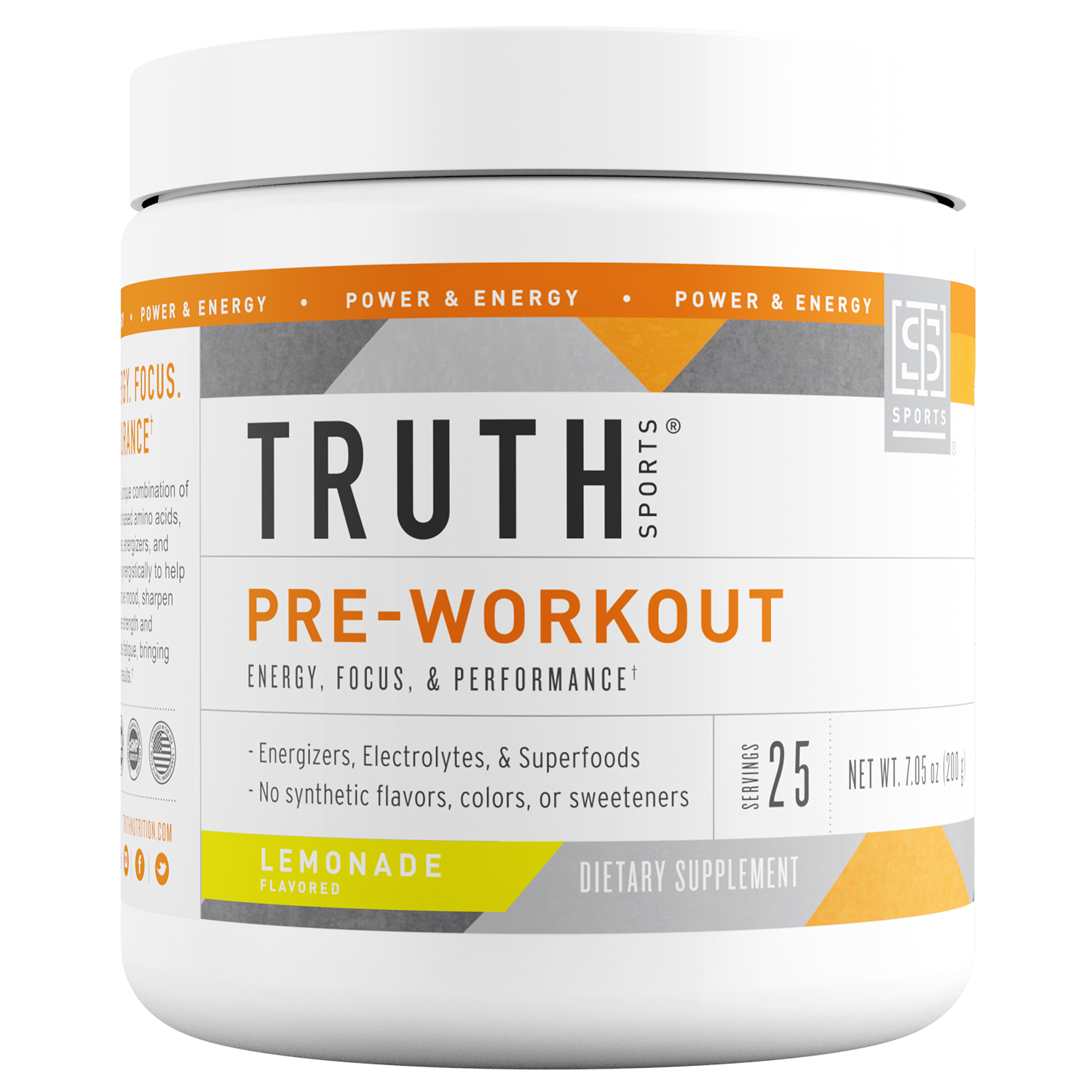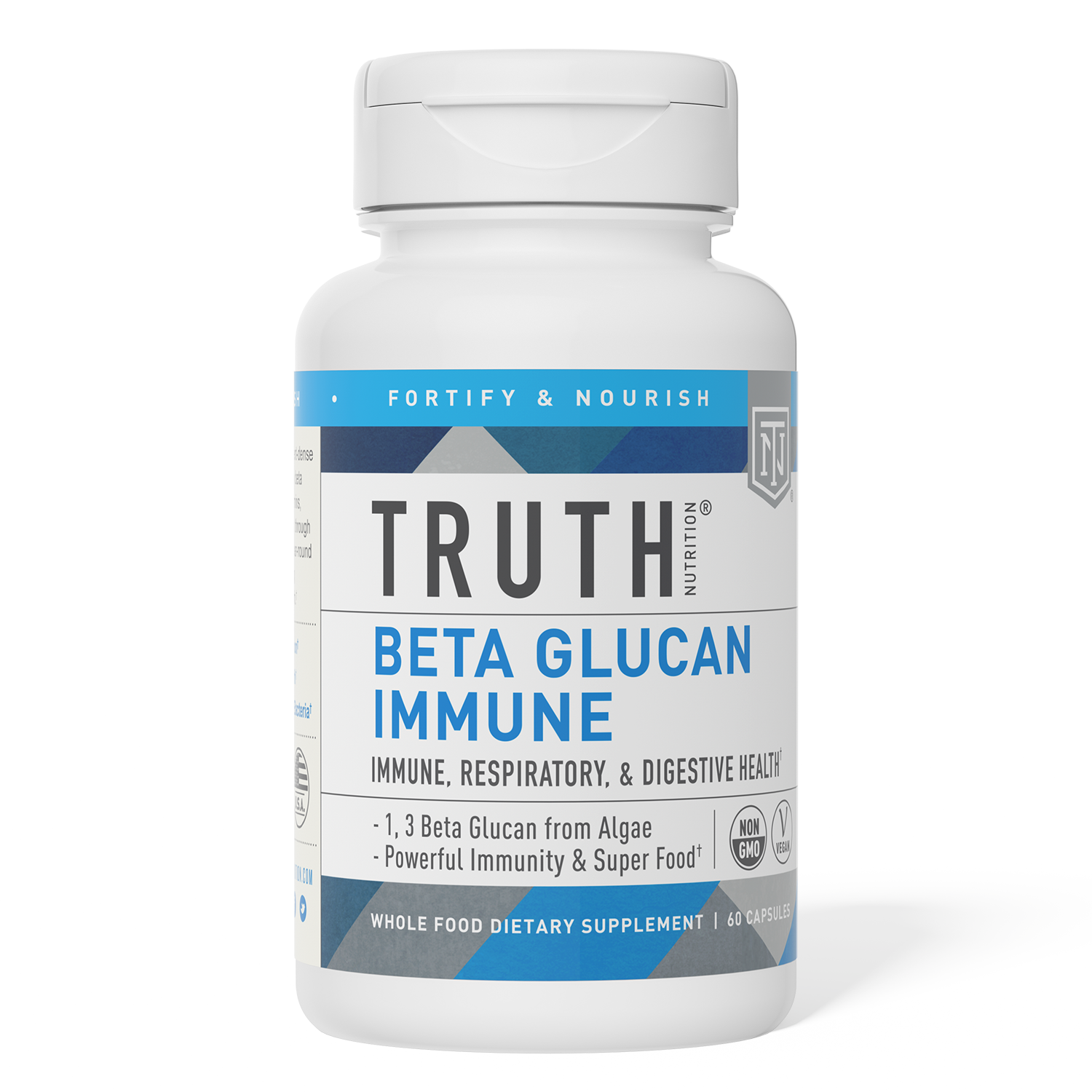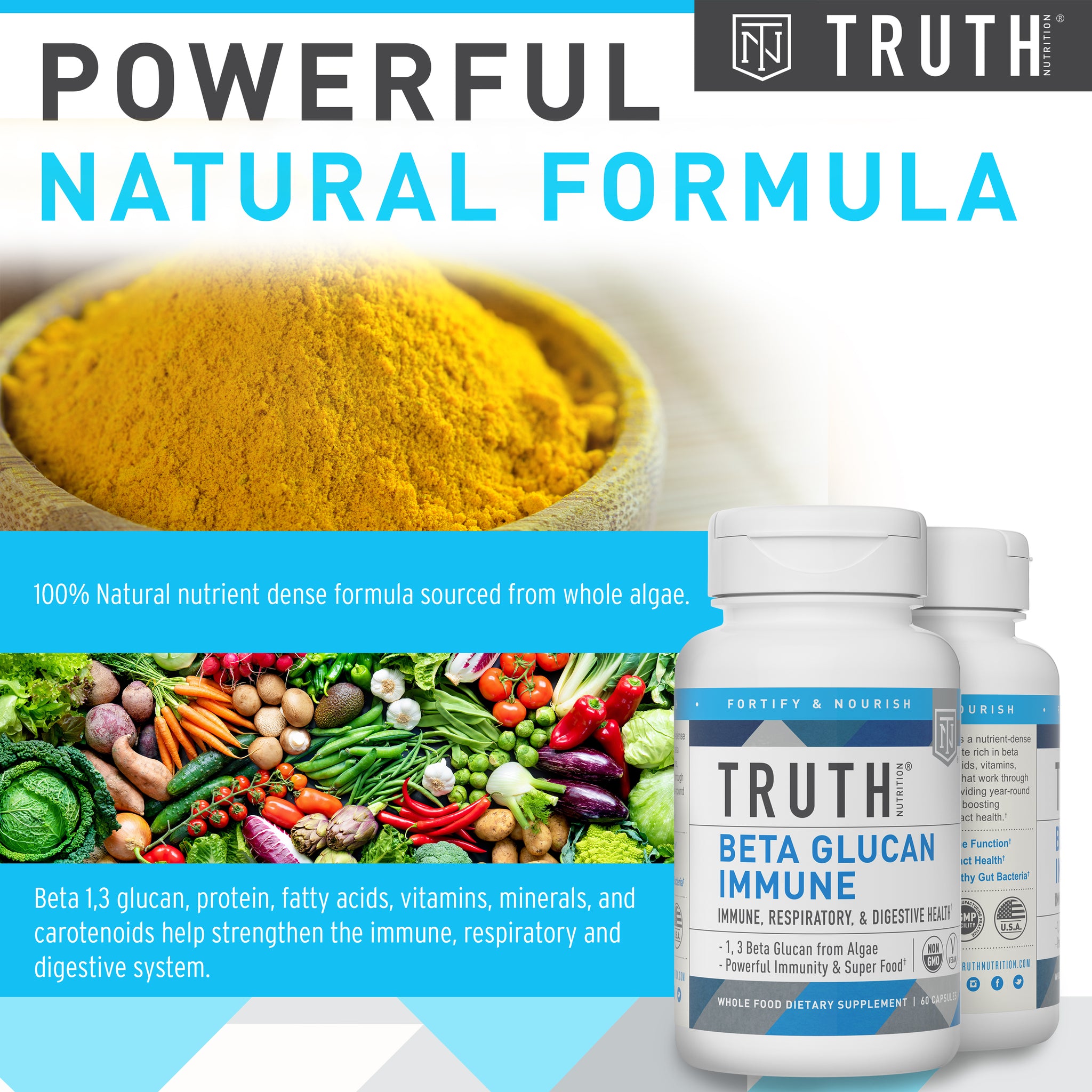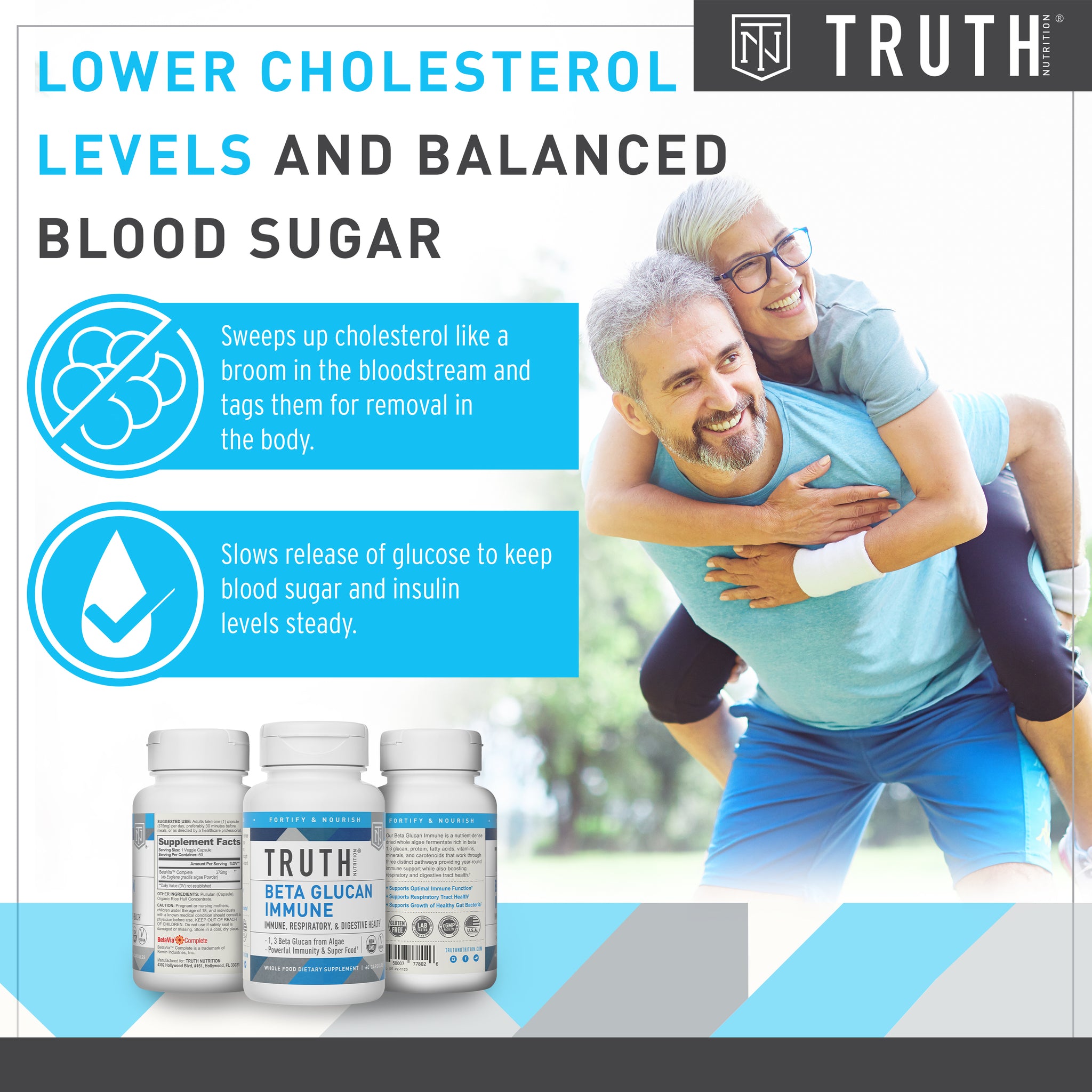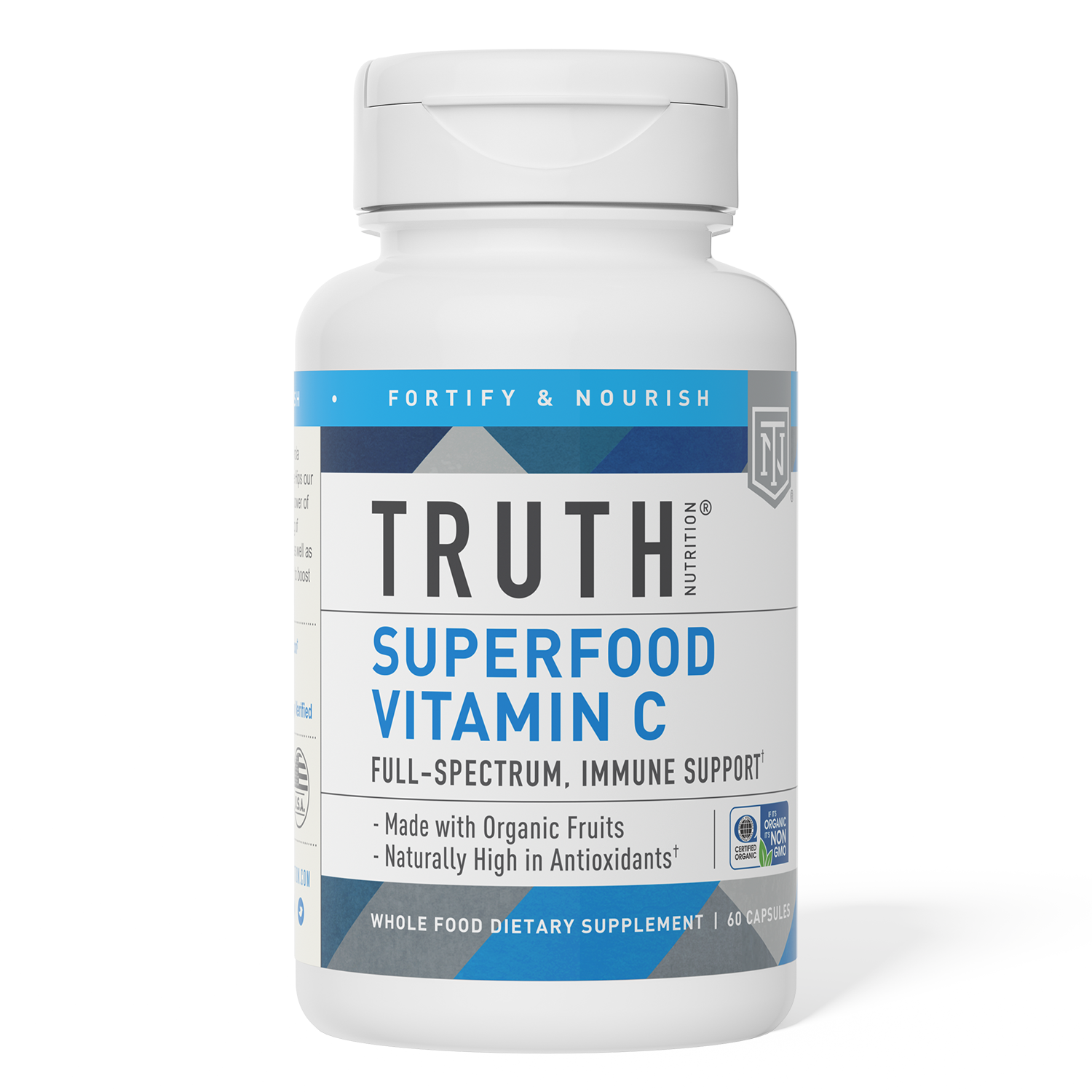
Over the years BCAAs (branched chain amino acids) have remained a staple in the fitness and athlete’s proverbial supplement arsenal, and for good reason. There are hundreds of studies on the ergogenic benefits of BCAAs.
Not only are BCAAs great for reducing recovery time, they’re also an important tool for building and maintaining muscle, especially while on a low-calorie diet when the body may be more likely to tap into its own protein stores (aka muscle) for use as fuel.
BCAAs are comprised of the essential amino acids L-Leucine, L-Isoleucine, and L-Valine. Essential amino acids cannot be produced in the body and therefore must be provided through supplementation or diet. BCAAs make up about 30% of the proteins in muscle and are primarily used during exercise and other forms of physical stress. The body wants to use proteins from your muscles as energy during and after your workouts – BCAAs provide your body with the proteins it needs creating a muscle-sparing effect. Because of this, athletes are able to get the most out of their workouts while building muscle and maintaining what they already have.
A study published in 2009 compared the effects of BCAA supplementation on body composition and exercise performance to those who took the placebo. After an 8-week resistance training program, researchers found that those who supplemented with BCAAs experienced a greater decrease in body fat, an increase in lean mass, and greater strength gains on the bench press and squat compared to the non-BCAA group.
Hundreds of existing studies have found similar body composition and strength benefits. Additionally they show that BCAAs, whether consumed throughout the day or pre, during, or post-exercise, decrease protein catabolism (muscle breakdown) and support muscle protein synthesis –– a physiological process responsible for muscle growth and repair. Furthermore, BCAAs are vitally important to glucose (energy) production –– contributing to greater than 40% of glucose production during sustained endurance exercise. This means you can workout harder and for longer without a dip in energy. Finally, taking BCAA's immediately after or with a post-work out meal will lower cortisol (which destroys muscle) levels and replace BCAA levels in the muscles faster [8.].
L-LEUCINE (2.5g)
Leucine, aka your workout secret weapon, is the primary amino acid responsible for muscle growth and recovery. That means if your supplement blend does not contain enough leucine (or any for that matter) you’re not giving your muscles the opportunity to grow and build strength to their fullest potential. Supplementing with at least 2 grams of leucine daily has been shown to decrease muscle soreness, reduce recovery time between workouts, and increase lean muscle mass. Howatson et al. (2012) discovered that leucine (combined with isoleucine and valine) administered before muscle damaging resistance exercises reduced indices of muscle damage and accelerated recovery in resistance trained males.
L-ISOLEUCINE (1.25g)
Though Isoleucine doesn’t stimulate muscle growth as other amino acids, it does help the body utilize glucose during exercise leading to greater energy production and the ability to pump out one more rep. In addition, isoleucine may play a role in the fat burning abilities of BCAAs. Nishimura et al. (2010) found that mice consuming a high fat diet in conjunction with isoleucine gained less fat mass than mice not receiving isoleucine. This was due to isoleucine's ability to stimulate receptors that inhibit fat storage and increase fat burning.
L-VALINE (1.25g)
Valine helps boost muscular endurance and reduce fatigue during exercise. This means you can train longer and more efficiently. When exercising, tryptophan is converted to serotonin, which signals to the brain that the body is fatigued. This leads to a reduction in strength and endurance. Since valine competes with tryptophan for entry into the brain, and prevails, less serotonin is able to get in. Because of this you’re able to benefit from stronger muscular contractions, quicker recovery between sets, and prolonged muscular strength and endurance.



































